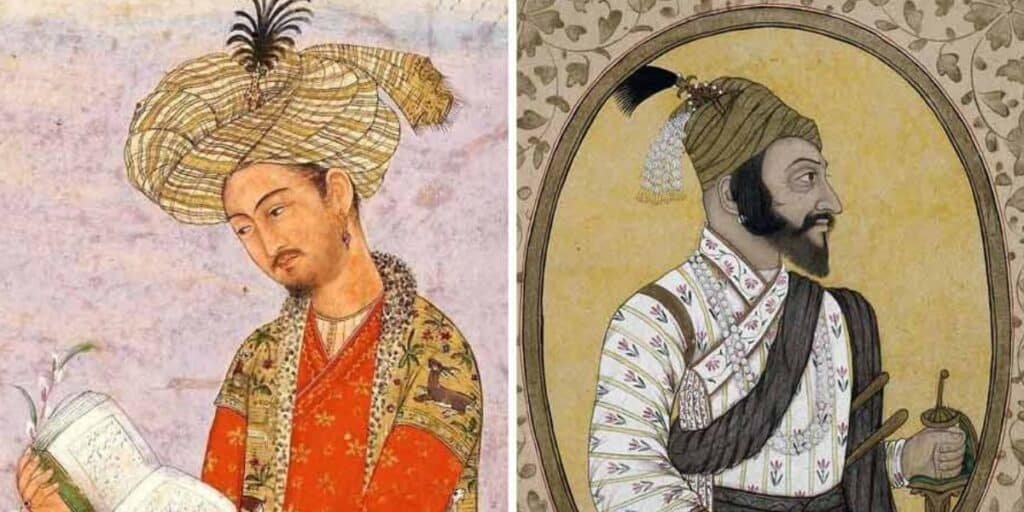In a significant development, the BJP government, in its attempt to alter the Muslim history in the Indian subcontinent, has changed how Indian history will be taught to high school students.
The new Class 8 Social Science textbook released by NCERT introduces major changes while referring to Mughal Emperors or Muslim rulers.
The chapter ‘Reshaping India’s Political Map’ of the grade 8 book covers the Delhi Sultanate, the Mughal Empire, and the Marathas. The textbook focuses on events of war, religious conflicts, and the destruction of Hindu temples.
Modi government alters history: Mughal Rule demonized
The revered Mughal Emperor Babur is described as a “conqueror who killed civilians, enslaved people, and built towers of skulls.”
Likewise, Muslim ruler Akbar is criticised for both violence and religious tolerance. The book says he killed civilians at Chittorgarh and destroyed temples. Emperor Aurangzeb is shown ordering temple demolitions and enforcing religious taxes.
The book also mentions that non-Muslims were often kept out of high government positions. It describes jiziya as a tax that caused humiliation and pressure to convert to Islam.
The Delhi Sultanate period is described as unstable in the textbook, with attacks on Hindu temples and learning centers.
In contrast, the same textbook describes Hindu ruler Shivaji as a military planner who respected all religions and rebuilt temples. Previous books did not include this level of detail on religious policies.
The NCERT said the new book does not sanitize history and is based on evidence. It said comparisons with old textbooks are not useful because of the new curriculum.
Union minister B.L. Verma supported the new content. He said students should learn what happened during Mughal rule.
Critics have raised concerns about creating obvious bias that would sow the seeds of anti-Muslim bias in India. They say the new textbook reflects political goals. They argue that the book reduces Muslim rulers to violent figures. They also say it removes their contributions to art, administration, and architecture.
According to experts, the history of the Indian Subcontinent is very diverse and pointing out an entire Empire for being “wrong or evil” just to secure current short-term political goals would be a betrayal to history.
The textbook does not mention the Mughal system of revenue collection, city planning, or cultural achievements. It also removes details about the Bhakti and Sufi movements.
In earlier revisions, NCERT had removed references to the 2002 Gujarat riots and Mahatma Gandhi’s assassination by a man linked to the RSS.
Scholars say this approach may create a one-sided view of history. They warn that such changes could increase religious divisions among young people.
Read more: 3 martyred, 6 injured in Kalat passenger bus attack






